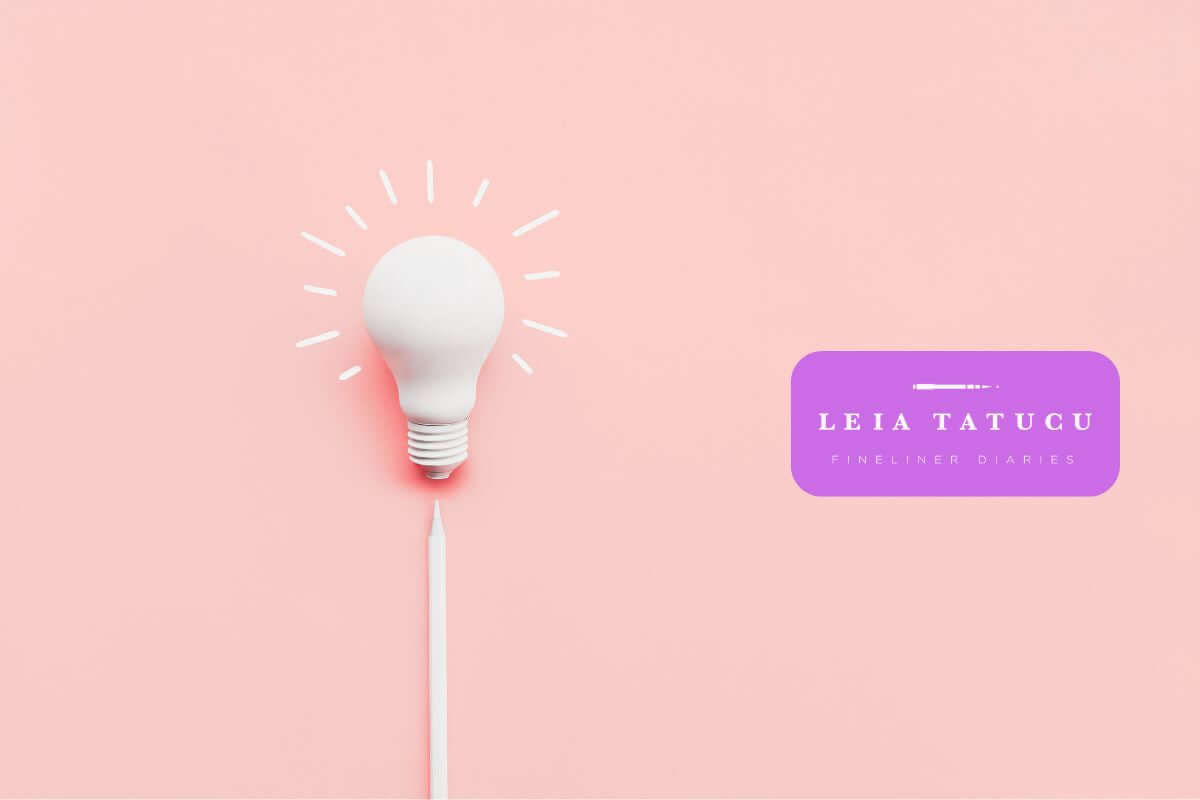
Imposter Syndrome: Overcoming Self-Doubt as a Creative
Every creative has faced this at some point—looking at your work and feeling like it’s not good enough. Perhaps you’ve wondered, “Who am I to call myself an artist, writer, or creator?” That persistent, doubting voice in your mind, questioning your skills and worth, is what we know as imposter syndrome.
Imposter syndrome is remarkably common among creatives, but here’s the good news: it doesn’t have to stop you from thriving. This blog walks you through actionable strategies to identify and overcome imposter syndrome so you can create with confidence, grow artistically, and finally silence that inner critic.
What is imposter syndrome?
Imposter syndrome is a psychological phenomenon where individuals question their abilities, talents, or achievements—even when there’s clear evidence of their competence. For creatives, this often translates into feelings that their work isn’t “good enough,” that they don’t deserve success, or that they’re deceiving others about their talent.
Consider these examples:
- A budding illustrator might feel like a fraud when a social media post goes viral, attributing the success to “luck” rather than skill.
- An experienced writer may undervalue their abilities, passing up opportunities because they believe a peer is more qualified.
Does this sound familiar? You’re not alone. Studies show that 70% of people experience imposter syndrome at some point in their lives. Creatives, who often operate in subjective fields without concrete measures of success, are especially vulnerable to these feelings.

Why creatives are prone to imposter syndrome
One of the reasons creatives are particularly vulnerable to imposter syndrome is the deeply personal nature of art. Your work is often an extension of yourself, making criticism feel personal. Other contributing factors include:
- Comparison culture Social media has created a constant highlight reel of others’ achievements, leaving creatives to judge their entire process against someone else’s polished end product.
- Subjectivity of success Unlike analytical fields with measurable success metrics, "good" art is largely subjective, making creatives feel insecure about their value.
- Perfectionist tendencies Many creatives hold themselves to unrealistic standards of perfection. Anything less than "flawless" feels like failure.
But while these challenges are real, they don’t define you. And they certainly don’t have to hold you back.

Steps to overcome imposter syndrome as a creative
1. Recognize and label your thoughts
The first step is awareness. When self-doubt creeps in, try to catch it early and label it as imposter syndrome. For example, if you think, “Someone else could have done this better,” stop and reframe that thought into, “I created this with my unique skills and perspective, and that has value.”
Journaling can help here. Take five minutes at the end of the day to jot down moments when self-doubt got loud. Over time, you’ll start spotting these patterns more easily.

2. Focus on progress, not perfection
Your work doesn’t have to be perfect to be valuable. Shift your mindset toward progress. Ask yourself:
- How have I improved compared to where I was six months ago?
- What skills am I building that I didn’t have before?
This focus on growth will remind you that artistry is a lifelong process, not a one-time test you need to pass.
3. Keep a “win” folder
Whenever you receive positive feedback – whether it’s a compliment from a client, a glowing review, or an encouraging comment on your portfolio – save it. Create a designated folder on your phone or computer where you can collect these “wins.”
The next time imposter syndrome strikes, pull up this folder for tangible proof of your value and impact.
4. Stop comparing your chapter one to someone else’s chapter ten
It’s easy to feel discouraged looking at other creatives’ polished work or seemingly effortless success. But remember, they’ve likely invested years of effort to get to where they are now. Instead of comparing, aim to learn.
Ask yourself:
- What can I take away from their techniques or career path?
- How can I adapt what inspires me to fit my own style or circumstances?
By shifting envy into curiosity, you regain control over your own creative growth.

5. Find your artistic community
Surrounding yourself with like-minded creatives can be a powerful antidote to imposter syndrome. A supportive community offers encouragement, constructive feedback, and opportunities for collaboration. Plus, it reminds you that you’re not alone in feeling these doubts.
Local art groups, social media communities, or even online forums like Behance or DeviantArt can be great starting points.
6. Reframe failure as experimentation
Failure isn’t final – it’s one step closer to mastery. Treat every setback as an experiment rather than a reflection of your worth. Ask yourself:
- What went wrong here?
- How can I use this experience to grow stronger in my craft?
This reframing not only helps you bounce back quicker but also builds resilience, a muscle every creative needs.
7. Celebrate your creative voice
Your uniqueness is your greatest strength. Whether you're blending fineliner drawings with resin pours, as I do, or crafting unconventional poetry, no one else in the world creates quite like you. Embrace what sets your artistic voice apart and lean into it fully. Authenticity has a far greater impact than the pursuit of perfection.

Why overcoming imposter syndrome matters
Overcoming imposter syndrome doesn’t just benefit your mental health – it has a ripple effect across your creativity and career. With your inner critic silenced, you’ll:
- Take on bigger opportunities without self-sabotage.
- Create more freely, unhindered by fear of judgment.
- Share your work confidently, drawing in more clients, supporters, or fans.
Your success as a creative isn’t about completely erasing self-doubt—it’s a natural part of the process and can even be beneficial at times. Instead, it’s about learning to navigate that doubt, embracing it, and continuing to move forward regardless.
Finding creative confidence
Imposter syndrome doesn’t disappear overnight, but the tools highlighted in this post can help you take actionable steps toward a healthier relationship with your creativity. Remember, your value as an artist is not defined by fleeting doubts or subjective opinions. Instead, it’s defined by your persistence, courage, and unique eye for the world.
Ready to confront your inner critic? Share your experiences with imposter syndrome—whether it’s a victory or a challenge—in the comments below. If you're looking to sharpen your artistic vision, dive deeper into the Fineliner Diaries blog, where we explore topics like creative growth and building community.





Leave a comment
This site is protected by hCaptcha and the hCaptcha Privacy Policy and Terms of Service apply.